Dates are a delicious and versatile fruit that has been enjoyed for centuries. They are known for their sweet flavor and chewy texture, making them a popular choice for snacking and cooking. When it comes to dates, there are two main varieties available: dry dates and wet dates. Each type has its own unique characteristics and uses, making it important to understand the differences between the two. Dry dates and wet dates both come from the same fruit, but they undergo different processing methods that result in distinct differences in taste, texture, and appearance. Dry dates are dehydrated, while wet dates are fresh and moist.
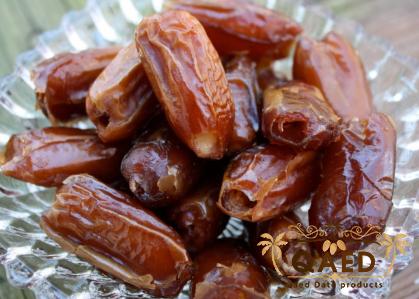
.
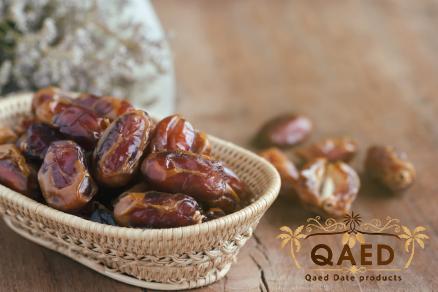 The method of processing dates can affect their flavor, sweetness, and nutritional content. Dry dates are typically darker in color and have a wrinkled appearance due to the dehydration process. They are chewy and have a concentrated sweetness, making them a popular choice for snacking. The drying process intensifies the natural sugars in the fruit, giving dry dates a richer and more caramel-like flavor. Dry dates are often used in baking, cooking, and as a topping for desserts. They are also a common ingredient in energy bars and snacks due to their natural sweetness and dense texture. On the other hand, wet dates are soft, tender, and plump with a juicy consistency. They are lighter in color and have a milder sweetness compared to dry dates. Wet dates are popular for eating fresh as a healthy snack or adding to salads, smoothies, and oatmeal. Their fresh and juicy texture makes them a versatile ingredient for both sweet and savory dishes. Wet dates are also commonly used in making date paste, a natural sweetener that can be used in place of refined sugar in recipes. In terms of nutrition, both dry dates and wet dates are packed with health benefits.
The method of processing dates can affect their flavor, sweetness, and nutritional content. Dry dates are typically darker in color and have a wrinkled appearance due to the dehydration process. They are chewy and have a concentrated sweetness, making them a popular choice for snacking. The drying process intensifies the natural sugars in the fruit, giving dry dates a richer and more caramel-like flavor. Dry dates are often used in baking, cooking, and as a topping for desserts. They are also a common ingredient in energy bars and snacks due to their natural sweetness and dense texture. On the other hand, wet dates are soft, tender, and plump with a juicy consistency. They are lighter in color and have a milder sweetness compared to dry dates. Wet dates are popular for eating fresh as a healthy snack or adding to salads, smoothies, and oatmeal. Their fresh and juicy texture makes them a versatile ingredient for both sweet and savory dishes. Wet dates are also commonly used in making date paste, a natural sweetener that can be used in place of refined sugar in recipes. In terms of nutrition, both dry dates and wet dates are packed with health benefits.
..
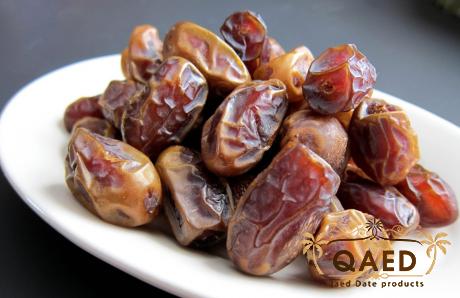 Dates are a good source of fiber, vitamins, and minerals, making them a nutritious addition to any diet. They are particularly rich in potassium, magnesium, and antioxidants that help support overall health and well-being. Dry dates are higher in calories and natural sugars compared to wet dates, due to the dehydration process that concentrates the fruit’s sugars. They are a good source of quick energy and can help satisfy cravings for something sweet. However, it is important to consume dry dates in moderation, especially for those watching their sugar intake. Wet dates, on the other hand, have a higher water content and are lower in calories compared to dry dates. They are a great option for those looking to satisfy their sweet tooth with a healthier alternative. Wet dates are also a good source of hydration and can be enjoyed as a refreshing snack on their own. In conclusion, both dry dates and wet dates have their own unique characteristics and uses. Dry dates are chewy, sweet, and concentrated in flavor, making them great for snacking and cooking. Wet dates are fresh, juicy, and milder in sweetness, making them a versatile ingredient for a variety of dishes. Whether you prefer the intense sweetness of dry dates or the juicy freshness of wet dates, both varieties offer a delicious and nutritious option to incorporate into your diet. Dates are a versatile fruit that can be enjoyed in a variety of ways. Whether you prefer the chewy texture and concentrated sweetness of dry dates or the soft, juicy consistency of wet dates, there are many ways to incorporate them into your diet. One popular way to enjoy dates is to stuff them with nuts or cheese for a simple and delicious appetizer. The natural sweetness of the dates pairs perfectly with the savory flavors of the nuts or cheese, creating a tasty and satisfying snack. Another idea is to chop dates and add them to salads for a burst of sweetness and texture. Dates can also be blended into smoothies for a natural sweetener and extra fiber.
Dates are a good source of fiber, vitamins, and minerals, making them a nutritious addition to any diet. They are particularly rich in potassium, magnesium, and antioxidants that help support overall health and well-being. Dry dates are higher in calories and natural sugars compared to wet dates, due to the dehydration process that concentrates the fruit’s sugars. They are a good source of quick energy and can help satisfy cravings for something sweet. However, it is important to consume dry dates in moderation, especially for those watching their sugar intake. Wet dates, on the other hand, have a higher water content and are lower in calories compared to dry dates. They are a great option for those looking to satisfy their sweet tooth with a healthier alternative. Wet dates are also a good source of hydration and can be enjoyed as a refreshing snack on their own. In conclusion, both dry dates and wet dates have their own unique characteristics and uses. Dry dates are chewy, sweet, and concentrated in flavor, making them great for snacking and cooking. Wet dates are fresh, juicy, and milder in sweetness, making them a versatile ingredient for a variety of dishes. Whether you prefer the intense sweetness of dry dates or the juicy freshness of wet dates, both varieties offer a delicious and nutritious option to incorporate into your diet. Dates are a versatile fruit that can be enjoyed in a variety of ways. Whether you prefer the chewy texture and concentrated sweetness of dry dates or the soft, juicy consistency of wet dates, there are many ways to incorporate them into your diet. One popular way to enjoy dates is to stuff them with nuts or cheese for a simple and delicious appetizer. The natural sweetness of the dates pairs perfectly with the savory flavors of the nuts or cheese, creating a tasty and satisfying snack. Another idea is to chop dates and add them to salads for a burst of sweetness and texture. Dates can also be blended into smoothies for a natural sweetener and extra fiber.
…
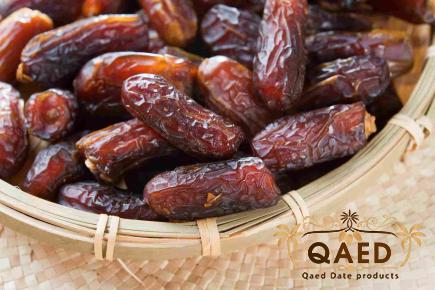 For those with a sweet tooth, dates can be used in baking to add natural sweetness and moisture to recipes. Date paste can be made by blending soaked dates with water until smooth, creating a healthy and delicious alternative to refined sugar. Date paste can be used in place of sugar in recipes for cookies, cakes, and energy bars, providing a healthier option without sacrificing taste. In Middle Eastern cuisine, dates are often used in savory dishes to add a touch of sweetness and depth of flavor. They can be added to tagines, stews, and curries to balance out the spices and create a rich and complex taste. Dates can also be used in sauces and dressings to add a sweet and tangy element to dishes like roasted vegetables or grilled meats. When it comes to snacking, both dry dates and wet dates make a great on-the-go option for a quick energy boost. Their natural sugars provide a quick source of energy, making them a convenient choice for fueling your day. Whether enjoyed on their own or paired with nuts or cheese, dates are a satisfying and nutritious snack that can keep you going between meals. In conclusion, whether you prefer dry dates or wet dates, both varieties offer a delicious and nutritious option to incorporate into your diet. From snacking to cooking, dates are a versatile fruit that can be enjoyed in a variety of ways. Their natural sweetness, chewy texture, and health benefits make them a popular choice for those looking to add a touch of sweetness to their meals. So why not give both dry dates and wet dates a try and discover the different ways you can enjoy these delicious fruits in your everyday cooking and snacking routines.
For those with a sweet tooth, dates can be used in baking to add natural sweetness and moisture to recipes. Date paste can be made by blending soaked dates with water until smooth, creating a healthy and delicious alternative to refined sugar. Date paste can be used in place of sugar in recipes for cookies, cakes, and energy bars, providing a healthier option without sacrificing taste. In Middle Eastern cuisine, dates are often used in savory dishes to add a touch of sweetness and depth of flavor. They can be added to tagines, stews, and curries to balance out the spices and create a rich and complex taste. Dates can also be used in sauces and dressings to add a sweet and tangy element to dishes like roasted vegetables or grilled meats. When it comes to snacking, both dry dates and wet dates make a great on-the-go option for a quick energy boost. Their natural sugars provide a quick source of energy, making them a convenient choice for fueling your day. Whether enjoyed on their own or paired with nuts or cheese, dates are a satisfying and nutritious snack that can keep you going between meals. In conclusion, whether you prefer dry dates or wet dates, both varieties offer a delicious and nutritious option to incorporate into your diet. From snacking to cooking, dates are a versatile fruit that can be enjoyed in a variety of ways. Their natural sweetness, chewy texture, and health benefits make them a popular choice for those looking to add a touch of sweetness to their meals. So why not give both dry dates and wet dates a try and discover the different ways you can enjoy these delicious fruits in your everyday cooking and snacking routines.

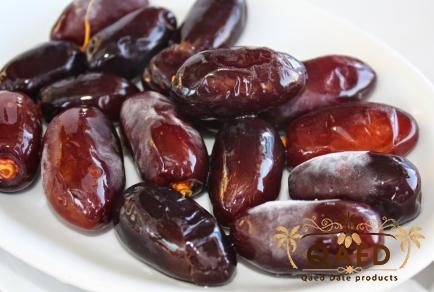
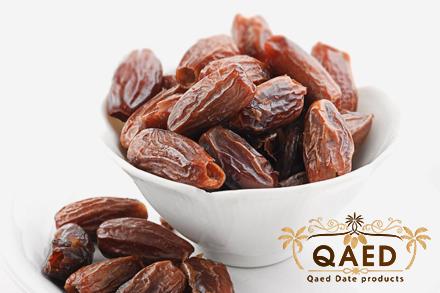

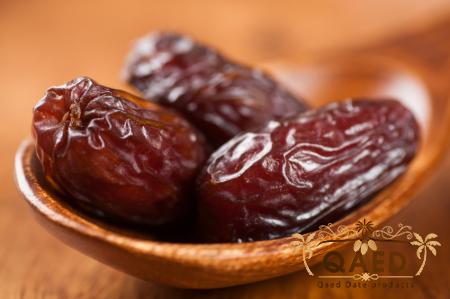
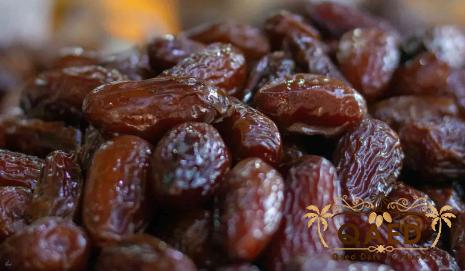
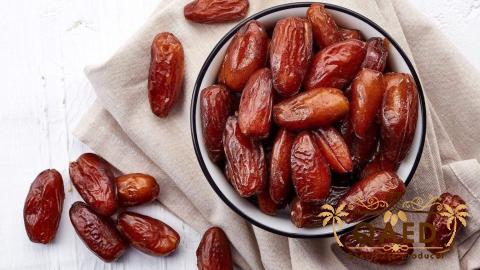
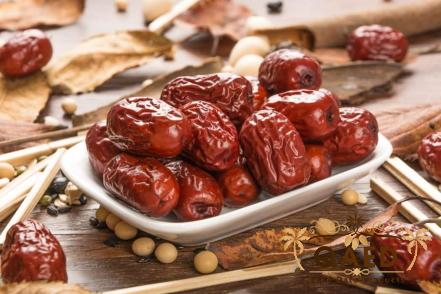
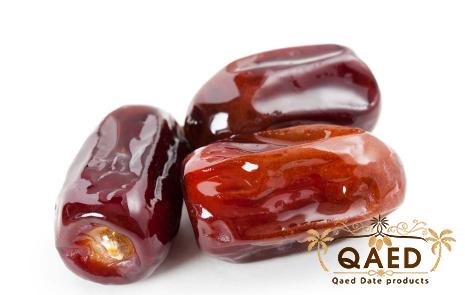
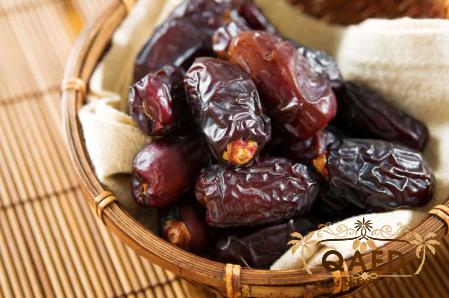
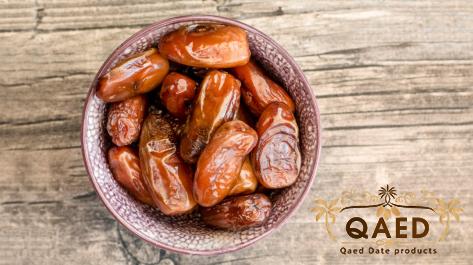
Your comment submitted.